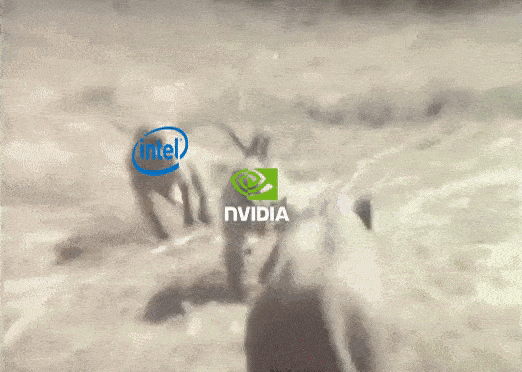Soldato
Wrong. You should've saw the spike in my electricity bill when I switched to some rubbish CPUs. And given I run multiple computers at once, I don't want a bazillion watt monsters burning through my power. Plus, an efficient processor means better thermal management, important for small systems, confined spaces and generally not spending a fortune on unnecessary cooling and power supplies.Why do people keep banging on about performance per watt in a desktop computer?
In reality performance and price and price is all that matters in a desktop form factor. A desktops electricity usage is frankly incidental on your household bill. As long as it can be cooled sufficiently with a reasonable heat sink/fan it really doesn’t matter.
If you're content to run 1 computer in a massive case and burn 400W through an overclocked Intel POS then that's entirely your choice. Personally, I have more stringent requirements.




